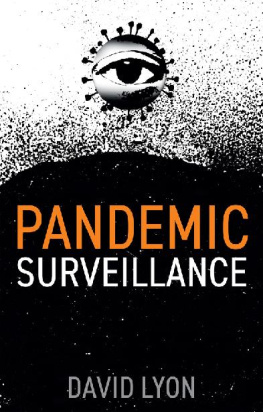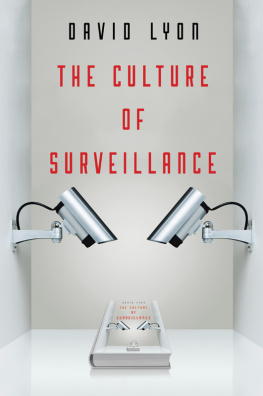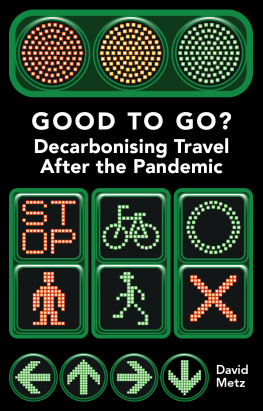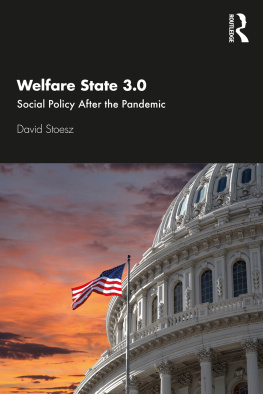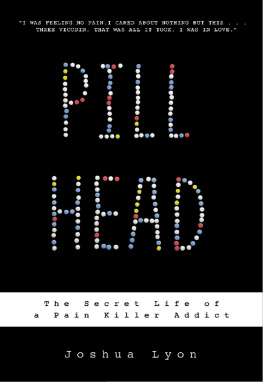It all happened very quickly. After some mildly worrying small-print news in January 2020, about a new virus in a Wuhan sea-food market in China, by February, news that the novel coronavirus was spreading quickly around the world became headlines. There was the predictable scramble to stock up on toilet paper, and less predictable advice to sanitize groceries. In March, a steel fence was erected round the climbing frame and swing sets in our local park, making it look like a crime scene, and masks started to appear on the faces of passers-by in the street. Not long afterwards, smartphones were sought for pandemic service and I also found myself being called up for conversations about the use of personal data for public health platforms, so that the pandemics path could be followed, and future developments modeled and predicted.
In the same month, news media started commenting on the sudden burgeoning of surveillance. Its main feature at that time was the rollout of the first digital contact tracing systems, using smartphones to identify contacts who may have been exposed to the virus. By April, tech giants Google and Apple had joined forces to support Bluetooth-based apps, a signal that platforms and governments were collaborating in such surveillance. Cautions about false positives and the need for accompanying testing and treatment facilities, plus fears regarding privacy intrusion, discrimination and marginalization were downplayed by those confident in the capacities of the silver bullet.
Surveillance was also sought for documenting where people are, where theyd been and their health status; data-modeling to track the spread of COVID-19; as well as identifying people who, potentially, had been exposed to infected others. Warnings were issued that there may well be civil liberties consequences as everyday technologies used for commerce, communication and convenience were marshaled for keeping close tabs on everyone, in the name of controlling the contagion. What is built for today may be normalized, worried some, such that they would persist after the virus is contained.
Now, the idea of using surveillance to get to grips with an outbreak of disease has a long history. Some salute John Snow, a London doctor who tried to discover the cause of the 1854 cholera epidemic, as a pioneer data scientist. At that time, a miasma theory reigned, suggesting that bad air was to blame. A few years before, Snow had a new hypothesis that the blue death could be caused by cesspools, lack of sanitation and contaminated water in poor neighborhoods.
Scorned at the time, when the cholera came, Snow knocked on doors, inquiring about the source of each familys drinking water. The collected data pointed to a specific pump on Broad Street, Soho. This was confirmed by Reverend Henry Whitehead, initially skeptical of the polluted water idea, who checked further to see who had and had not used that pump. The pair removed the handle, effectively shutting off the water supply, and the cholera cases quickly dwindled. The conviction that such data collection from infected people could aid the task of getting a grip on the germ is basic to epidemiology, a key discipline in public health.
What is pandemic surveillance?
This book is about pandemic surveillance. So, what is meant by each of these terms, and the two together? As it happens, each part of the word-duo is hard to define and is understood differently by different experts. The first term is pandemic, generally referring to the widespread incidence of disease affecting all ( pan ) people ( demos ) and in use as pandemick since the 1660s. The fourteenth-century Black Death killed more than 100 million people in Asia and Europe estimates vary and the misnamed Spanish Flu (it did not originate in Spain) of 191820 infected half a billion and killed tens of millions. With improved transportation by railways and steamships, and the movement of troops after the First World War, the flu spread over a wider world. The COVID-19 pandemic is often qualified by the word global, signaling that, with air transport, cruise ships and complex long-distance haulage, few around the globe are untouched.
But what makes COVID-19 or any other disease a pandemic? Is it, for example, its explosive transmissibility, or the severity of infection, or both, perhaps with other features as well? Medical experts disagree and debate this. After the outbreak of the H1N1 influenza virus in 2009, an article in the Journal of Infectious Diseases debated various options, concluding that simply defining a pandemic as a large epidemic may make ultimate sense in terms of comprehensibility and consistency. Yet the same article makes many points about how pandemics relate to other factors such as urban population size, modes and ease of transportation, the state of medical knowledge, the actions of public health officials and the role of disease in domesticated animals. These point clearly toward social , technical , economic and political aspects of pandemics.

